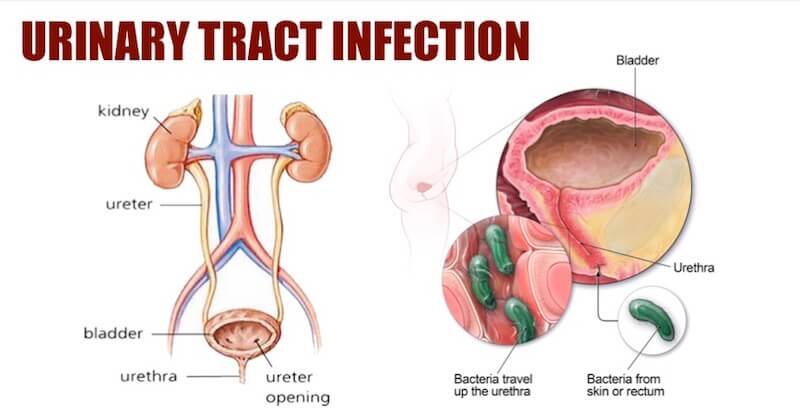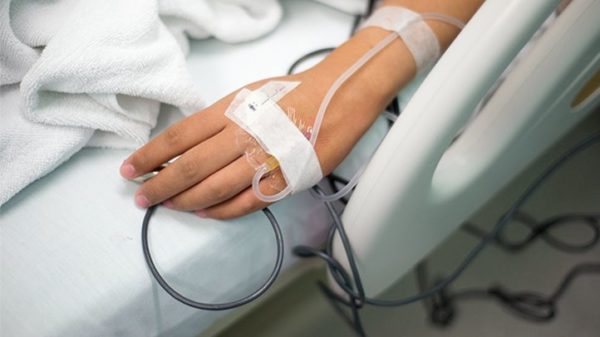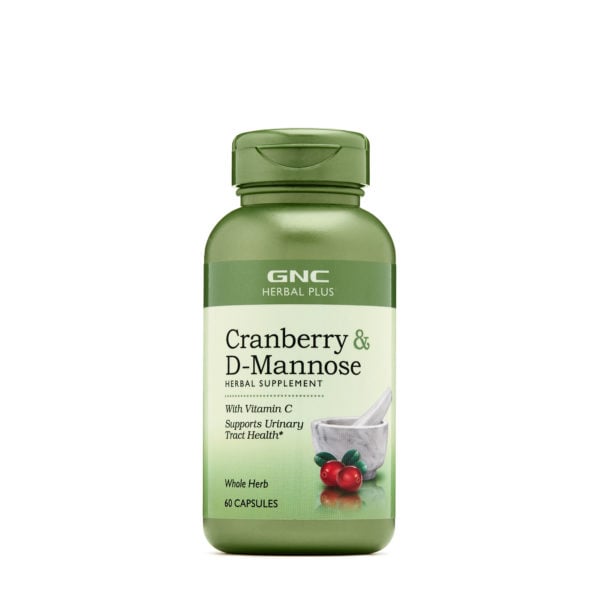- Joined
- Oct 23, 2013
- Messages
- 26,183
- Points
- 113
UTI Kills 400 S'poreans A Year, As Bacteria Grow More Resilient Against Antibiotics
mustsharenews.com
Urinary tract infection – UTI for short – is notoriously common, especially among women.
As common as they have been for years, they are just as easily cured with a quick round of antibiotics — or so, we thought.
Doctors have shed light on a slightly disturbing discovery — it’s actually becoming more common that UTIs don’t get fully cured with usual antibiotics, reports Channel NewsAsia (CNA).
 Source
Source
To make things worse, UTIs are potentially fatal. It’s now ranked as the 8th top causes of death in Singapore, above chronic obstructive lung diseases and type 2 diabetes.
UTI kills more than 400 people a year
According to CNA, UTIs are potentially fatal. This is when the infection is not completely wiped out, ultimately spreading to the kidneys, then to the bloodstream.
 Source
Source
Once the infection eventually travels through the body, it becomes very dangerous, and in some cases, deadly.
Based on a Ministry of Health report, the infection has killed around 400 people in Singapore each year.
On the frequency of infections, CNA cited stats from Health Promotion Board’s HealthHub as well, which said:
As if the above facts aren’t chilling enough, CNA also highlighted that bacteria from UTIs are becoming more resistant to antibiotics.
This was told through the story of a CNA interviewee Sharon. She had contracted UTI and despite taking the prescribed antibiotics, she was not recovering.
Doctors then found out that the infection had spread to her kidneys, which could have caused “permanent kidney damage if not treated”. She was warded immediately.
 Source
Source
She was put on intravenous antibiotics, which thankfully, cured her in the end.
Urine culture test essential to treatment
As UTIs are growing more resilient against regular oral antibiotics, those affected may have to receive medication intravenously to be cured.
For increased effectiveness, a doctor also shared with CNA that they will need to conduct a “detailed urine culture test”. This would take up to 3 days to get the results.
 Source
Source
Cranberries & D-Mannose may help
If you’ve suffered from UTIs before, you’ve probably read about preventive measures online like these:
According to WebMD, it’s a type of supplement commonly used for prevention of UTIs after recovering from one.
Similarly, Medical News Today reports that D-Mannose prevents certain bacteria from sticking onto the walls of our urinary tract, hence lowering the chances of infections.
 A sample of a D-Mannose supplement product, for illustration purposes only
A sample of a D-Mannose supplement product, for illustration purposes only
Source
Otherwise, you can consider heeding doctor’s advice and consume cranberry juice regularly.
If you’re among the unfortunate ones susceptible to this frustrating infection, it’s best to consult a professional before you decide what to take as prevention.
Feature image adapted from First For Women and Stop UTI Forever.
mustsharenews.com
Urinary tract infection – UTI for short – is notoriously common, especially among women.
As common as they have been for years, they are just as easily cured with a quick round of antibiotics — or so, we thought.
Doctors have shed light on a slightly disturbing discovery — it’s actually becoming more common that UTIs don’t get fully cured with usual antibiotics, reports Channel NewsAsia (CNA).

To make things worse, UTIs are potentially fatal. It’s now ranked as the 8th top causes of death in Singapore, above chronic obstructive lung diseases and type 2 diabetes.
UTI kills more than 400 people a year
According to CNA, UTIs are potentially fatal. This is when the infection is not completely wiped out, ultimately spreading to the kidneys, then to the bloodstream.

Once the infection eventually travels through the body, it becomes very dangerous, and in some cases, deadly.
Based on a Ministry of Health report, the infection has killed around 400 people in Singapore each year.
On the frequency of infections, CNA cited stats from Health Promotion Board’s HealthHub as well, which said:
- About 4% of young adult females have contracted UTI
- This incidence “rises with age to 7% at 50 years”.
As if the above facts aren’t chilling enough, CNA also highlighted that bacteria from UTIs are becoming more resistant to antibiotics.
This was told through the story of a CNA interviewee Sharon. She had contracted UTI and despite taking the prescribed antibiotics, she was not recovering.
Doctors then found out that the infection had spread to her kidneys, which could have caused “permanent kidney damage if not treated”. She was warded immediately.

She was put on intravenous antibiotics, which thankfully, cured her in the end.
Urine culture test essential to treatment
As UTIs are growing more resilient against regular oral antibiotics, those affected may have to receive medication intravenously to be cured.
For increased effectiveness, a doctor also shared with CNA that they will need to conduct a “detailed urine culture test”. This would take up to 3 days to get the results.

Cranberries & D-Mannose may help
If you’ve suffered from UTIs before, you’ve probably read about preventive measures online like these:
- Pee and wash up immediately after having sex
- Drink more water frequently
- Minimise douching, sprays, or powders at the genitals
- Practise wiping front to back after relieving yourself
According to WebMD, it’s a type of supplement commonly used for prevention of UTIs after recovering from one.
Similarly, Medical News Today reports that D-Mannose prevents certain bacteria from sticking onto the walls of our urinary tract, hence lowering the chances of infections.

Source
Otherwise, you can consider heeding doctor’s advice and consume cranberry juice regularly.
If you’re among the unfortunate ones susceptible to this frustrating infection, it’s best to consult a professional before you decide what to take as prevention.
Feature image adapted from First For Women and Stop UTI Forever.


